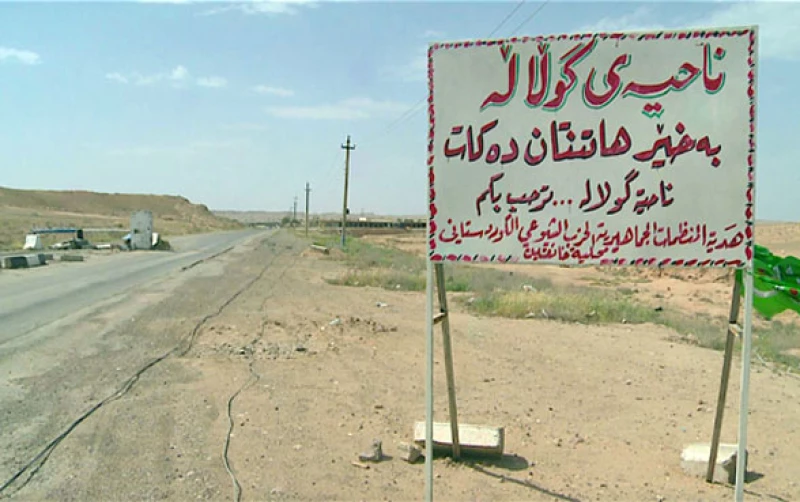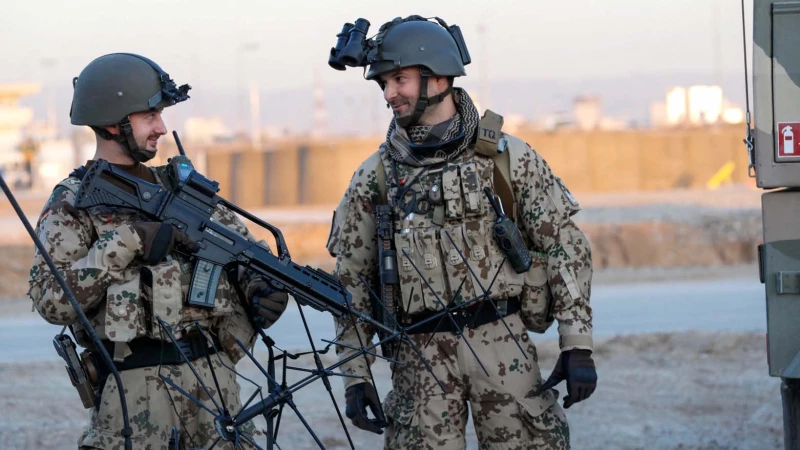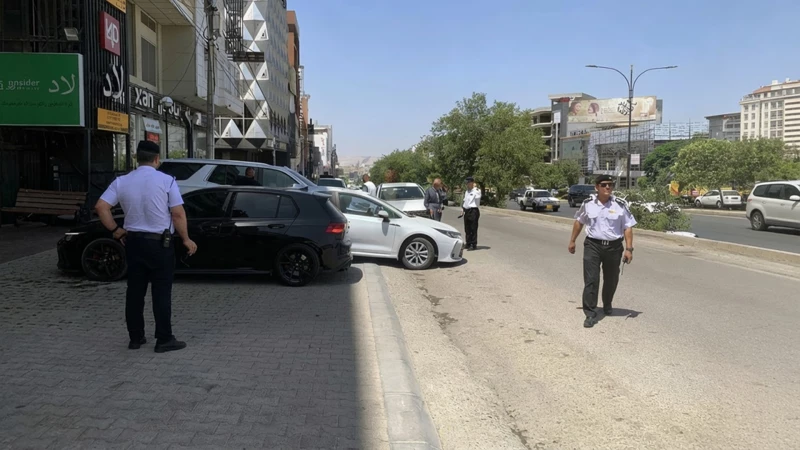ERBIL, Kurdistan Region of Iraq - The Kurdistan Regional Government (KRG) on Sunday tasked Kurdish federal representatives with informing Baghdad that Erbil needs guarantees that 2025 salaries will be paid without any issues and demands its full share of the budget starting 2026, warning of a firmer stance otherwise.
Kurdistan Region Prime Minister Masrour Barzani on Saturday led an irregular meeting of the Council of Ministers with Kurdish ministers in the federal government and heads of parliamentary blocs in the Iraqi parliament, aimed at discussing the next steps for the Kurdish representation in the political process in Baghdad amid ongoing budget issues.
In a press conference following the session, KRG spokesperson Peshawa Hawramani highlighted the decisions that were made during the four-hour-long meeting, adding that the Kurdish ministers were tasked with delivering these messages to the federal government.
Hawramani said that that the Kurdistan Region demands to be treated as a federal region, “not as it is now,” claiming that the Region does not even receive the treatment of a province from Baghdad.
The Kurdish federal representatives were also tasked with alerting Baghdad that the KRG will no longer accept any issues relating to civil servant salaries.
“The salaries for the new year must be guaranteed, and there should be no delays, disputes, and issues when it comes to the salaries of the Kurdistan Region’s employees in any ways,” added Hawramani.
Salaries of the Kurdistan Region’s civil servants and the Region’s share of the federal budget have long been a point of contention between the federal and regional governments. As of the time of this writing, the KRG has not been able to pay its civil servants their December 2024 salaries, citing Baghdad’s refusal to send the agreed upon amount for said salaries.
Another topic of discussion during Saturday's meeting was the resumption of the Kurdistan Region's oil exports, which have been halted since March 2023, dealing a major blow to Iraq and the Region's economy, with over $25 billion in lost revenue to date.
When it comes to the proposed amendments to the federal budget law, the KRG spokesperson emphasized that "the Kurdistan Region must have its say when it comes to the Articles and sections that are related to the Kurdistan Region, and it must be done in a way that preserves the rights of the people of the Kurdistan Region,” adding that discussions on this issue have already started.
The Iraqi parliament is currently studying a bill that calls for amending Articles which relate to reimbursing the Kurdistan Region for the cost of producing and transporting oil. If passed, the bill could result in restarting the export of the Region’s oil through the Ceyhan port.
Based on the 2024 Iraqi general population census, the Kurdistan Region makes up around 14 percent of the overall Iraqi population, and therefore is constitutionally entitled to 14 percent of the federal budget. Hawramani said that Baghdad has paid the KRG only seven percent of the budget share.
“Starting from 2026, the Kurdistan Region will no longer ask for salaries from the federal government, but rather The Kurdistan Region’s share of the budget needs to be sent,” the KRG spokesperson noted.
"In case the Kurdistan Region’s requests are not met… a decision might be taken that may not serve the interests of Iraq and the Kurdistan Region, and may impact the stability of wider region,” Hawramani concluded.
In an interview with The New Region on Wednesday, Hawramani said that if the discussions with Baghdad fail to bear fruit, a Kurdish withdrawal from the Iraqi political process is in the realm of possibilities.
“It is not a matter where we can easily say we will withdraw, but it is not impossible,” he said. “It is not something that we can say is far from happening, it could happen if this treatment continues.”
The Kurdistan Region's Kurdistan Democratic Party (KDP) and the Patriotic Union of Kurdistan (PUK) are both part of Iraq's ruling State Administration Coalition and have two ministers each in Mohammed Shia' al-Sudani's cabinet. Additionally, Kurdish lawmakers make up 62 of the Iraqi parliament's 329 seats, and also hold the post of the legislature's second deputy speaker.
Representatives of the New Generation Movement (NGM), Kurdistan Islamic Union (KIU), and Kurdistan Justice Group (Komal) were notably not in attendance for Saturday's meeting. The blocs have a combined 14 seats in the Iraqi parliament, but no ministers in Baghdad.

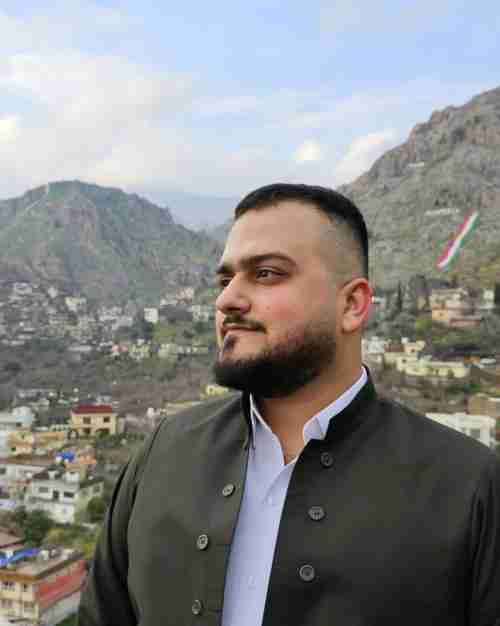
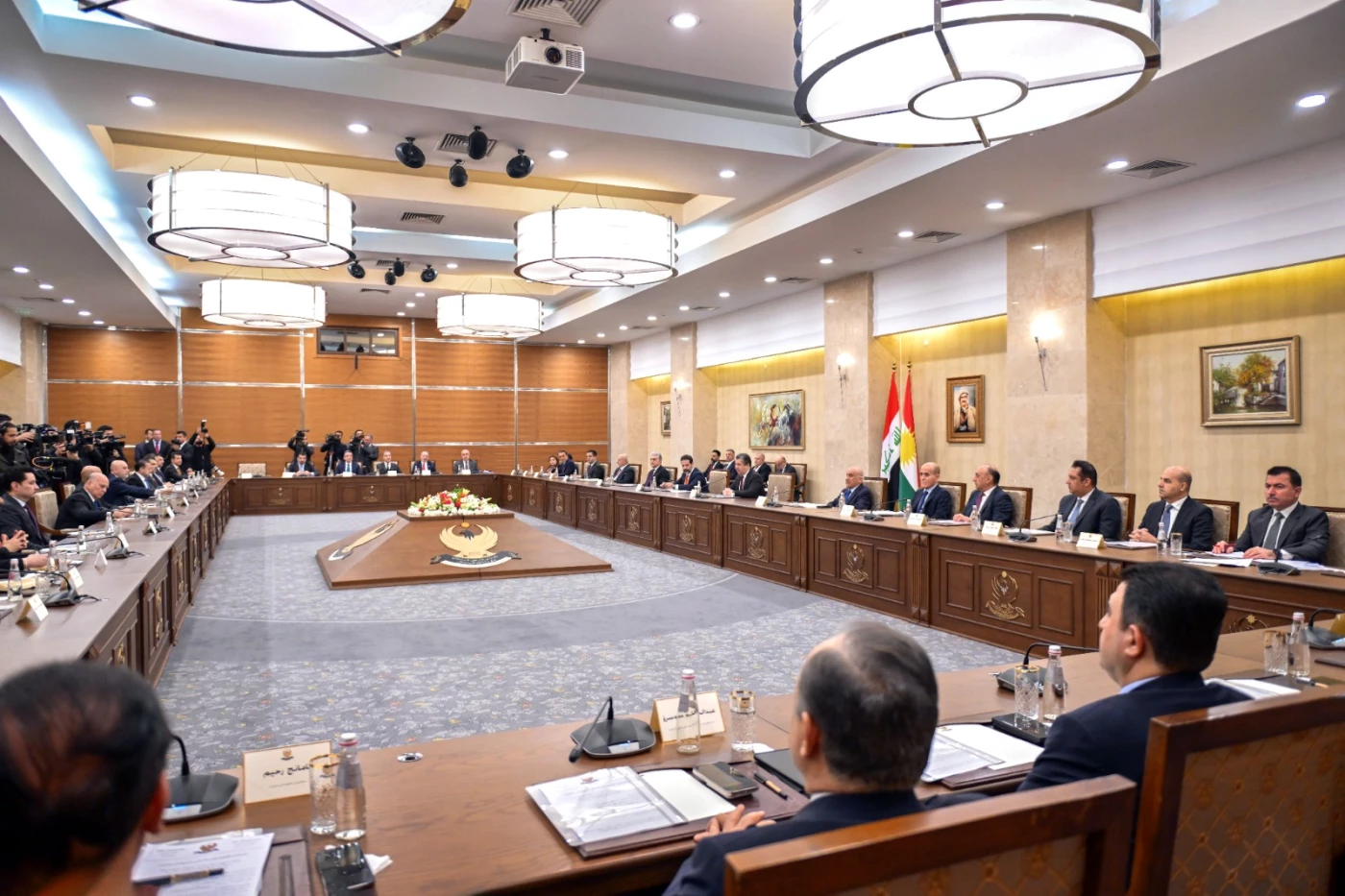
 Facebook
Facebook
 LinkedIn
LinkedIn
 Telegram
Telegram
 X
X
